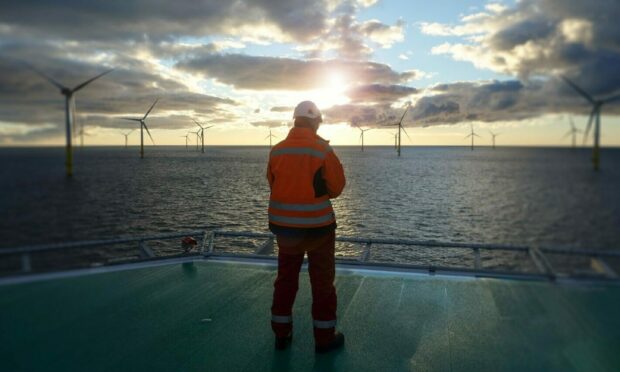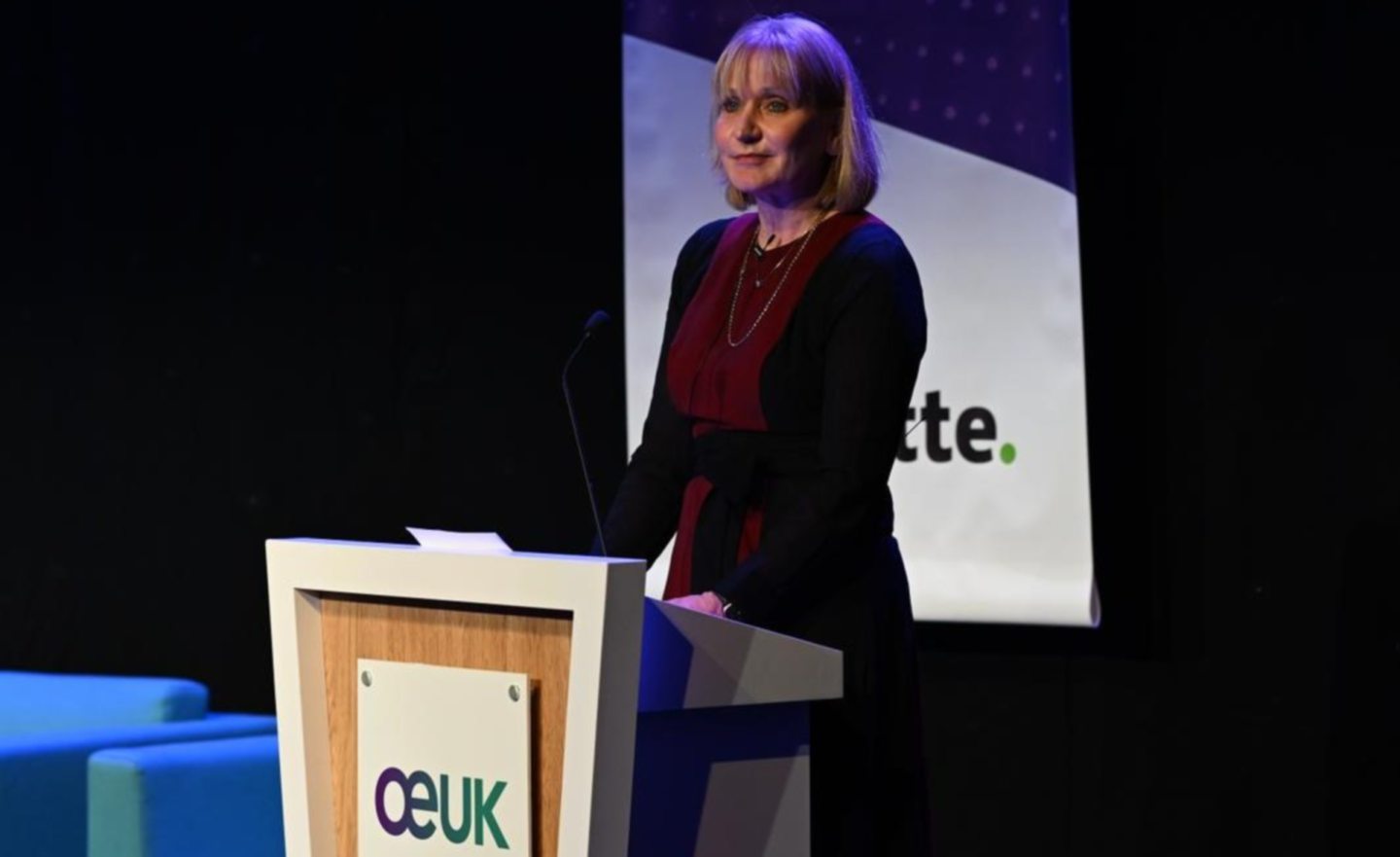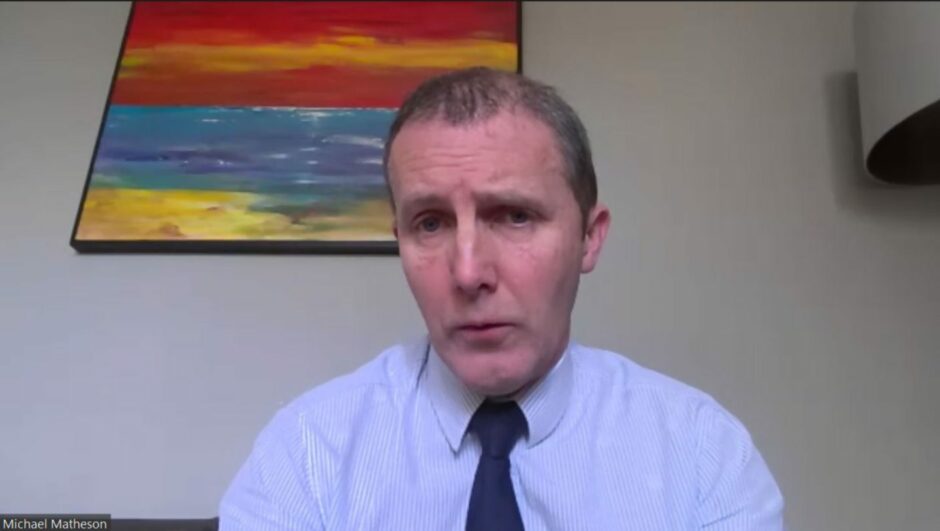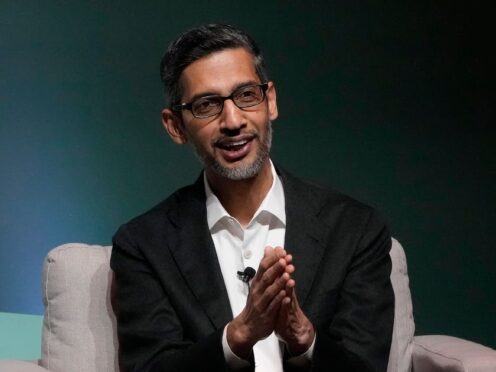Plans have been set out for the creation of a “critical” and long-awaited skills passport to help thousands of oil and gas workers transition into renewables.
High cost of retraining and the “pointless” duplication of certification requirements are a major barrier to the workforce making the shift.
Led by skills body Opito, the initiative aims to have the digital skills passport built and ready to roll out in the second half of next year, and fully operational by the end of 2023.
Overcoming barriers to green jobs
The existing barriers to retraining come as Opito estimates overall UK offshore energy jobs will stand at 211,000 by 2030, led by growth in offshore wind.
In stark contrast, it estimates oil and gas jobs could drop by some 50,000 roles during that time as North Sea production declines.
Alongside the passport, the industry intends to create a training and standards framework across oil and gas, offshore wind, hydrogen and carbon capture, utilisation and storage (CCUS), making it easier to build cross-industry careers.
Opito chief executive John McDonald said: “We must do everything possible to make sure nobody is left behind in this energy transition and that every worker can access the training and development they need to work flexibly across the offshore energy industry.
“Turning this strategy into reality requires clear leadership, collaboration and funding. Today, I’ve written to leaders from companies, trade unions and governments to invite them to demonstrate their commitment by working with us to deliver real and enduring change.”
Unions have welcomed the plans.
Jake Molloy, regional organiser of the RMT Union, said the initiative “must be a priority to enable that elusive ‘just transition’”, and added that workers are “desperate” to see it come to fruition.
“For too long workers have faced the need to secure additional, but all too often, duplicated training. On top of this, they have also had to pay for that training.
“We will be supporting the work of the steering group tasked with the delivery of this vitally important initiative.”
Pat Rafferty, Scottish secretary of Unite, the UK’s largest offshore union, said: “It’s vital that as we progress towards a just transition and a net zero economy so the offshore sector is prepared to capitalise on the opportunities of the present and future.
“The strategy helps workers to be properly trained and skilled in order to take advantage of these opportunities, and that they can effectively move between industries through the creation of a digital passport.”
‘Industry in action’
This is one of five action plans being developed as part of the wider “Integrated People and Skills Strategy”, designed to help deliver the goals of the North Sea Transition Deal signed last year.
Opito will publish four others in the coming months on skills demand, skills development, diversity and inclusion and skills and data intelligence.
Last month, a survey published by Aberdeenshire East MSP Gillian Martin found just one in 10 offshore workers felt they had enough opportunities to switch to renewables.
The wider strategy will develop “clear pathways across each sector of the industry” to improve the visibility of opportunities.
Deirdre Michie, chief executive of trade body Offshore Energies UK (OEUK), said: “The UK’s transitioning offshore oil and gas sector remains key to the country’s economy, providing tens of thousands of jobs and supporting our security of energy supply, while underpinning and helping to drive forward the UK’s net-zero ambitions.
“The publication of the Integrated People and Skills Strategy shows our industry in action, providing clarity for our workforce as we move to a more diverse energy future which is still homegrown here in the UK, and we’d like to take this opportunity to thank Opito and John McDonald for leading this vital piece of work.”
Ms Martin, who organised last month’s survey, said the integrated strategy is “exactly what’s needed” and highlighted the urgency needed for a system of transferable skills, competencies and certification.
“We’ve many skilled people, and we should do everything we can to break down barriers to transitioning and have an easy flow of the workforce between areas that recognise those skills. It is in the interests of every public and private organisation in energy to get behind this and build it collaboratively.”
Political backing
Top level politicians from Westminster and Holyrood also welcomed the plans with open arms.
UK energy minister Greg Hands said: “This strategy sets out clearly how the oil and gas sector, and specifically its workforce, will be transformed by the energy transition as we strive to develop more secure and cleaner domestic energy production.
“We are excited to see how the planned skills passport develops in time and are encouraged by the ambition and the progress made so far. “
Scottish energy, net zero and transport minister, Michael Matheson, said the passport move will be “critical” in ensuring skills transferability across the workforce.
“The oil and gas sector plays an important role in our economy, and a bright future lies ahead for a revitalised North Sea in supporting a net zero energy system.
“Our oil and gas infrastructure and highly skilled workforce have long been at the forefront of energy innovation. That is why we are committed to a just transition that supports those currently employed in oil and gas to capitalise on the employment opportunities of net zero energy.”
















Conversation